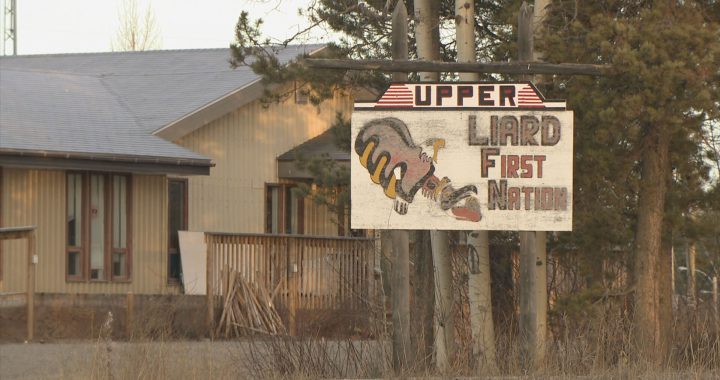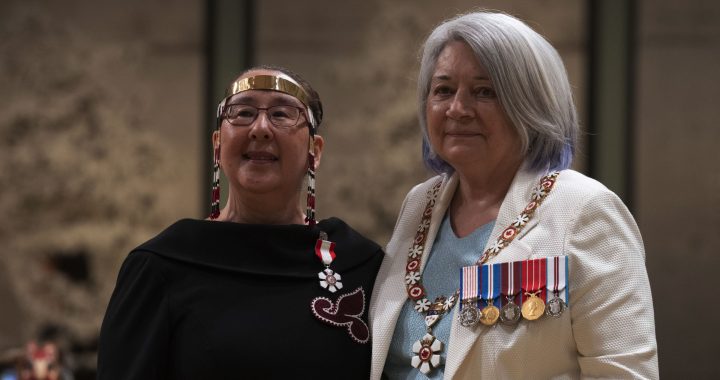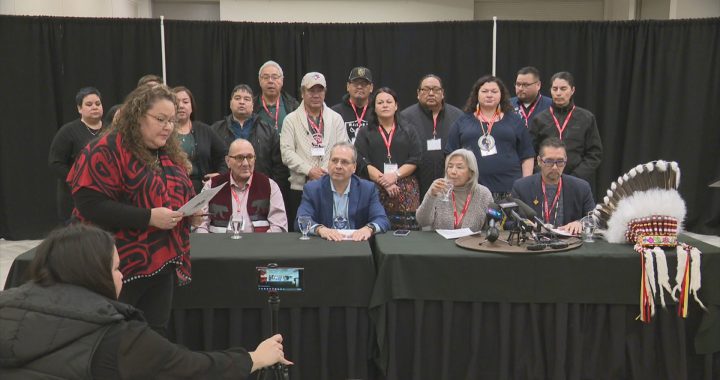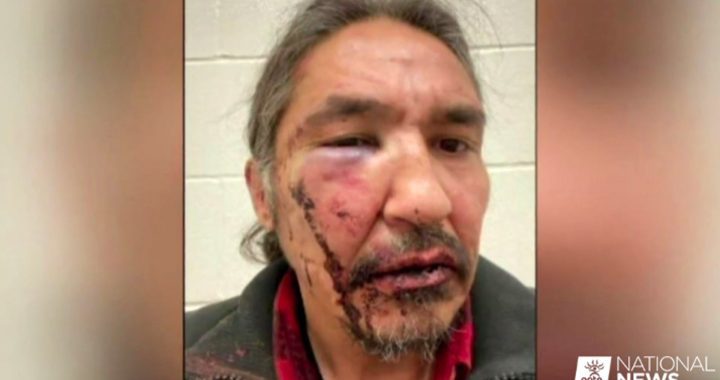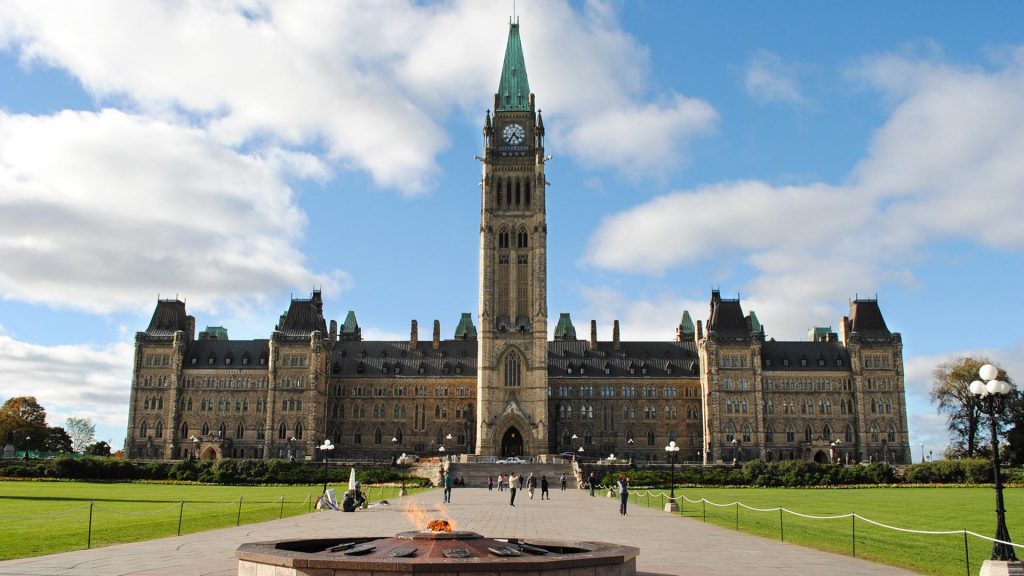
The federal government is providing nearly $5 million for research into residential schools, unmarked graves and undocumented deaths in Saskatchewan.
Crown-Indigenous Relations Minister Carolyn Bennett and the Federation of Sovereign Indigenous Nations (FSIN) announced the funding Tuesday.
Speaking at the site of the Muscowequan Indian Residential School, which is about 150 kilometres northeast of Regina, FSIN Vice-Chief David Pratt said the group is eager to work with member nations that had a residential school on their land “as soon as they’re ready to move forward.”
The money comes from $27.1 million the federal government set aside to help Indigenous communities throughout the country with research, knowledge gathering, ceremonies and ground-penetrating radar work at former residential school sites.
Last week, the province of Saskatchewan announced it was also providing $2 million for research.
A growing movement to find and commemorate unmarked graves in Canada began after the Tk’emlups te Secwepec First Nation announced last month that ground-penetrating radar had detected what are believed to be the remains of 215 Indigenous children at the former Kamloops Indian Residential School site.
Bennett, who joined the announcement from her home in Toronto, said she hopes the funding and the research it will support helps bring peace to the friends and families of the children who never came home.
“The Truth and Reconciliation Commission estimated that 566 children died in Saskatchewan residential schools,” she said. “Tragically, they acknowledge that they believe the real number is much higher.
“Identifying burial locations of children who died while attending residential schools is fundamental to being able to, through ceremony, recognize these lost souls and honour them.”
The FSIN has said the work of finding and commemorating unmarked graves of First Nations children in Saskatchewan has already begun.
Pratt said it’s only the beginning of a long and difficult process.
“A lot of the harms and the abuses and the sufferings of the residential schools have been opened _ the wounds have reopened, fresh and anew, with the recent discovery,” he said.
“I talked to a young lady who not too long ago attended the residential school. And when she heard the news, she said, `My mind went back to when I was five-years old, when I was taken away, all the things I suffered within the residential school system.’
“So it’s been a very triggering, dramatic time for our people.”
Chief Derek Sunshine of Fishing Lake First Nation said, while the federal funding is welcome, the fact that it took so long to get national attention on the issue is galling.
“Those dollars are nothing compared to what our people have been through,” he said. “All the stories that our elders talked about for many years when they came home from the residence, what it was like in the residence _ white society didn’t believe them. They believed their own people.
“It took them finding (the bodies) to take our people serious _ and after how many years?”




